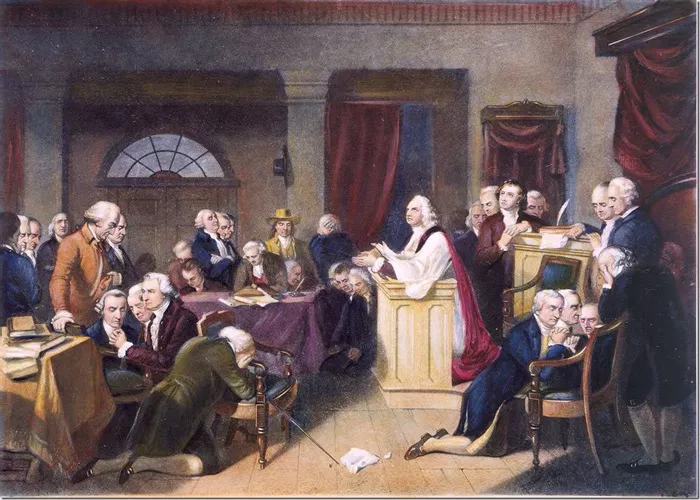January 22 is a significant date in Australian history, marked by various events that have shaped the nation. From political milestones to social advancements, this day has witnessed transformative moments that reflect Australia’s evolving identity. This article explores key occurrences on January 22 throughout Australian history, providing detailed insights into each event while maintaining clarity for readers.
What Happened on January 22 in Australian History?
1. Meeting of Leaders for Confederation (1899)
On January 22, 1899, leaders from six Australian colonies convened in Melbourne to discuss the prospect of confederation. This meeting was pivotal as it laid the groundwork for the eventual unification of Australia into a single Commonwealth. The discussions focused on various issues, including governance, defense, and economic cooperation among the colonies.Background and Significance:
Context: The late 19th century was a period of growing nationalism in Australia, with increasing calls for a united nation rather than separate colonies.
Outcomes: The meeting resulted in a stronger push towards drafting a constitution that would facilitate the federation of Australia. This culminated in the Commonwealth of Australia Constitution Act of 1901, which officially established Australia as a federated nation.
2. Formation of the Australian Country Party (1920)
Another significant event occurred on January 22, 1920, when the Australian Country Party was formed at a meeting of farmers in Melbourne. This political party emerged from the need to represent rural interests and advocate for agricultural policies.Background and Significance:
Context: The early 20th century saw many farmers struggling due to economic pressures and competition from urban industries.
Outcomes: The formation of this party provided a political voice for rural Australians, influencing agricultural policy and rural development for decades. It eventually became part of the National Party of Australia.
3. Appointment of Frank Gavan Duffy as Chief Justice (1931)
On January 22, 1931, Frank Gavan Duffy was appointed as the fourth Chief Justice of Australia. His appointment marked an important moment in the judiciary’s history.Background and Significance:
Context: Duffy had a distinguished legal career prior to his appointment, serving as a judge in various capacities.
Outcomes: As Chief Justice, he played a crucial role in shaping Australian law during a time of significant social and political change. His tenure influenced legal precedents that continue to affect Australian law today.
4. Surrender of Tobruk (1941)
During World War II, on January 22, 1941, Tobruk surrendered to the Australian 6th Division after intense fighting in North Africa. This event was part of the larger campaign against Axis forces in the region.Background and Significance:
Context: The siege of Tobruk was critical for controlling supply routes and maintaining Allied presence in North Africa.
Outcomes: The capture of Tobruk was celebrated as a significant victory for Australian forces and bolstered national morale during a challenging period in the war.
5. Sinking of HMAS Patricia Cam (1943)
On January 22, 1943, HMAS Patricia Cam was sunk by Japanese aircraft near the Wessel Islands during World War II. This incident highlighted the dangers faced by Australian naval forces in the Pacific theater.Background and Significance:
Context: The sinking occurred amidst ongoing conflicts between Allied forces and Japan.
Outcomes: The loss of HMAS Patricia Cam underscored the risks associated with naval operations during wartime and contributed to discussions about naval strategy and defense.
6. Deborah Wardley’s Fight for Equality (1980)
A landmark event took place on January 22, 1980, when Deborah Wardley became one of Australia’s first female pilots to fly commercially after successfully challenging Ansett Airlines through legal channels.Background and Significance:
Context: At this time, aviation was predominantly male-dominated, with few opportunities for women.
Outcomes: Wardley’s success not only paved the way for future female pilots but also represented broader societal changes regarding gender equality in the workforce.
Conclusion
January 22 has been marked by numerous pivotal events throughout Australian history. Each occurrence reflects significant social, political, or military developments that have contributed to shaping modern Australia. From discussions on confederation to advancements in gender equality within professional fields, these events highlight the dynamic nature of Australia’s historical narrative. Understanding these moments provides valuable insights into how past decisions continue to influence contemporary society and governance in Australia.
Related Topics:

